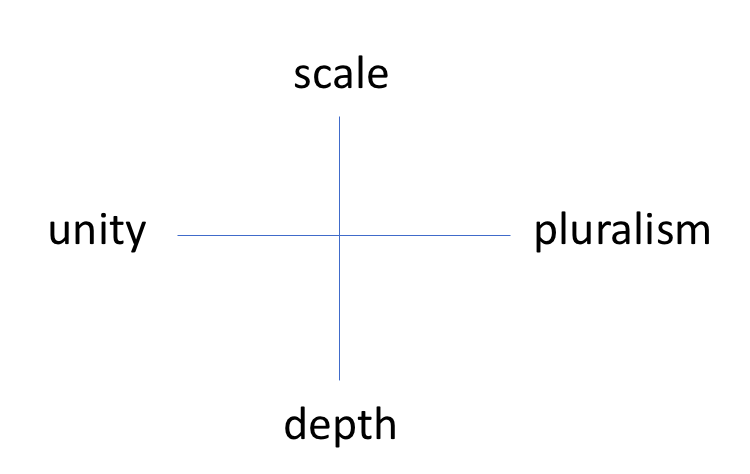- Facebook218
- Threads
- Bluesky
- Total 218
Just published: Levine, Peter (2018) “Habermas with a Whiff of Tear Gas: Nonviolent Campaigns and Deliberation in an Era of Authoritarianism,” Journal of Public Deliberation: Vol. 14 : Iss. 2 , Article 4.
Abstract:
Authoritarianism is gaining around the world. Statistics show that deliberation shrinks when authoritarianism grows. In the face of authoritarian repression, directly promoting and organizing deliberation is likely to fail. However, Erica Chenoweth and Maria J. Stephan (2011) find that nonviolent campaigns have a strong record of success against authoritarian states. Although nonviolent campaigns are not themselves deliberative or aimed at building deliberative democracy, I argue that some of the reasons that make them successful also stand to benefit public deliberation. Thus the most promising strategy for expanding deliberation in an increasingly authoritarian world is to support nonviolent campaigns and to reinforce strategies of nonviolent confrontation that also yield deliberation. Jürgen Habermas anticipated this argument in his defense of social movements. Revisiting that aspect of Habermas’ thought challenges interpretations that treat him as a theorist of calm, rational discourse.
I’m grateful to the Journal of Public Deliberation for commissioning this piece. At first, I wasn’t sure I had an article to contribute, but now I see its thesis as fairly central to my political philosophy. I’ve long been drawn to deliberative modes of politics, in which people listen and learn before they act. But I have also always believed in contentious politics: nonviolent but confrontational modes like strikes and occupations. Here I put them together.
This is also the first appearance in peer-reviewed form of my “SPUD” framework, which has proven useful in more practical contexts. For instance, I presented it at an #Indivisible gathering that ended up in this Washington Post article.

Finally, I’m grateful to appear in the special issue on “Deliberative Democracy in an Era of Authoritarianism.” The other articles are good and make a coherent whole. A running question is whether carefully designed deliberative fora (“minipublics”) are part of the solution to authoritarianism, irrelevant to authoritarianism, or a potential tool of repression. If they are part of the solution, what else is needed to accompany them? I’m close to the part of the spectrum that says “they’re irrelevant,” but the range is helpful.
